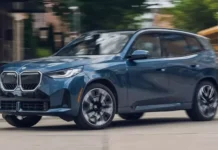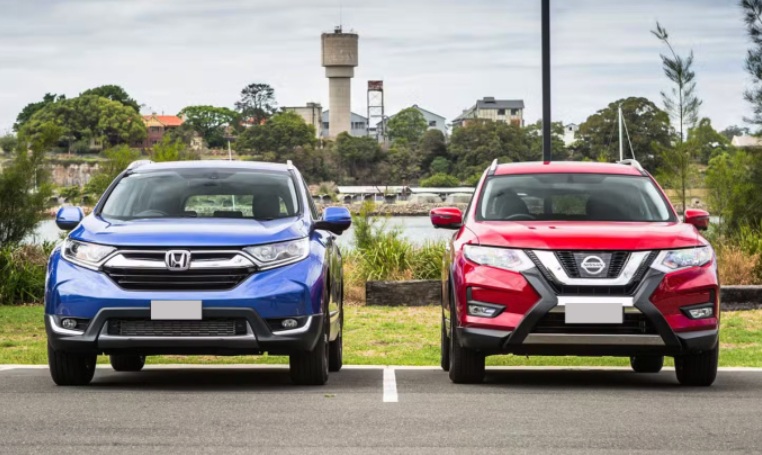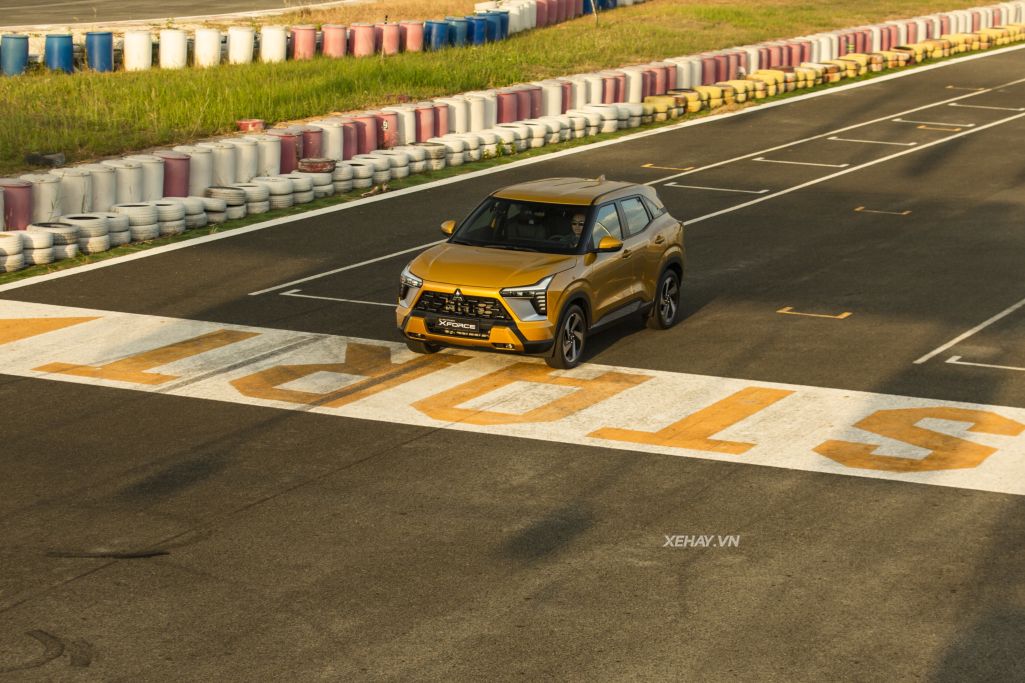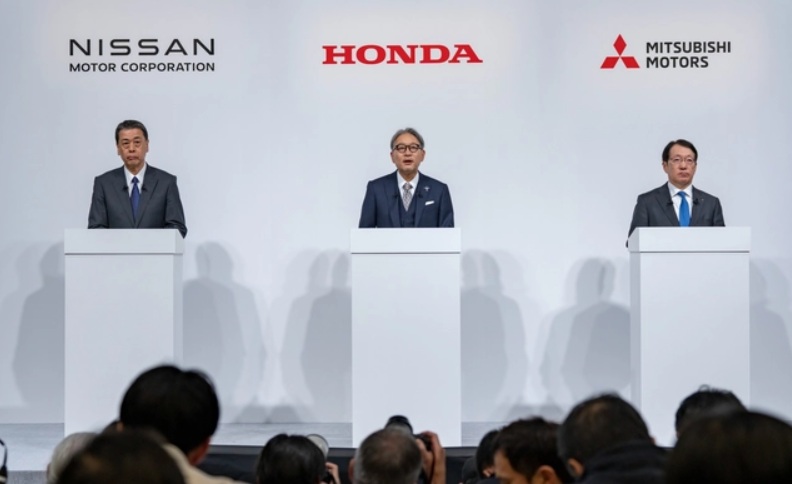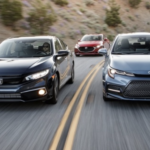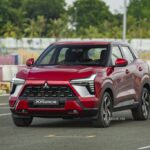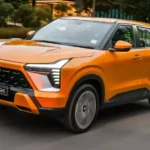Despite its large market value and established history, Honda lacks experience in the specialized off-road vehicle manufacturing domain when compared to Mitsubishi.
Honda also does not have a strong suit in producing affordable automobiles to conquer the developing markets. Currently, Mitsubishi has a foothold in Southeast Asia with vehicle lines developed for the region’s terrain, such as the X-Force and Xpander.
Hence, Honda is believed to be interested in merging with Nissan to gain access to Mitsubishi’s core technologies (Mitsubishi currently has 24% of its shares owned by Nissan and is also a partner in the Renault-Nissan-Mitsubishi alliance).
On the other hand, Mitsubishi is not very keen on the idea of a merger. They prefer to collaborate with Nissan and Honda while maintaining their independent positions.
As of February 2025, Mitsubishi Motors has a market value of over $3.4 billion, while Honda stands at $43.66 billion, and Nissan is valued at approximately $5.51 billion. The significant disparity in value means Mitsubishi would have less decision-making power in a combined entity. This “cold shoulder” from Mitsubishi has left Honda in a tricky situation.
Additionally, Honda’s choice of the name “Honda Corporation” for the new joint venture seemed to undermine Nissan, leading to the cancellation of the merger negotiations.
TH (Tuoitrethudo)
The Great Automotive Divide: Nissan Cuts 9,000 Jobs Post-Honda Merger Collapse
Nissan has embarked on a strategic path to reduce costs and boost operational efficiency. In the wake of the collapsed merger with Honda, Nissan is trimming its workforce while simultaneously seeking new partners. The Japanese automotive brand is determined to streamline its operations and forge ahead with renewed vigor.
Why Honda and Toyota Cars Always Hold Their Resale Value
In the used car market, Honda and Toyota models are perennial favorites due to their reliability and affordable pricing. But why do these brands command a higher price tag than their competitors in the pre-owned arena? CNBC recently delved into the reasons behind this phenomenon, shedding light on the enduring value proposition of Honda and Toyota vehicles.
























